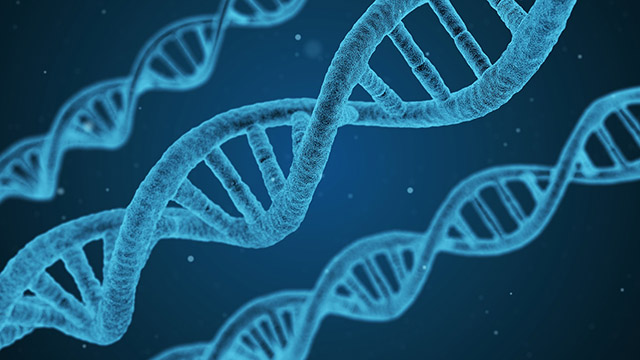Alastair Crisp from the University of Cambridge and colleagues are the first to show that most mammals including humans have incorporated some DNA from microorganisms that have coexisted with for thousands of years. The process is called horizontal gene transfer.
The researchers show that all genetic material that makes up the human genome did not originate in humans or their ape ancestors. Some of human DNA was taken from microbial species that have lived with men since man existed. The process is considered to be continuing and may be one of the causes of antibiotic resistant diseases.
Human blood groups were acquired form a non-human source. In all, 128 genes that originated in microbial sources have been found in the human genome. Bacteria, protists, viruses, and fungi have contributed their little bit of DNA to mankind. All of the additions of DNA from other species improved man in some way.
The discovery was made by comparing the DNA of 12 species of fruit fly, four species of nematode worm, and 10 species of primate, including humans. The DNA was examined to find comparable sequences in the structure of the DNA where microbes and other organisms could potentially donate DNA. Each species examined showed evidence that small parts of DNA from microbes, bacteria, viruses, and fungi had been added to the DNA of the host organism some time in the distant past. The genetic transfer is considered to be continuing at present.















